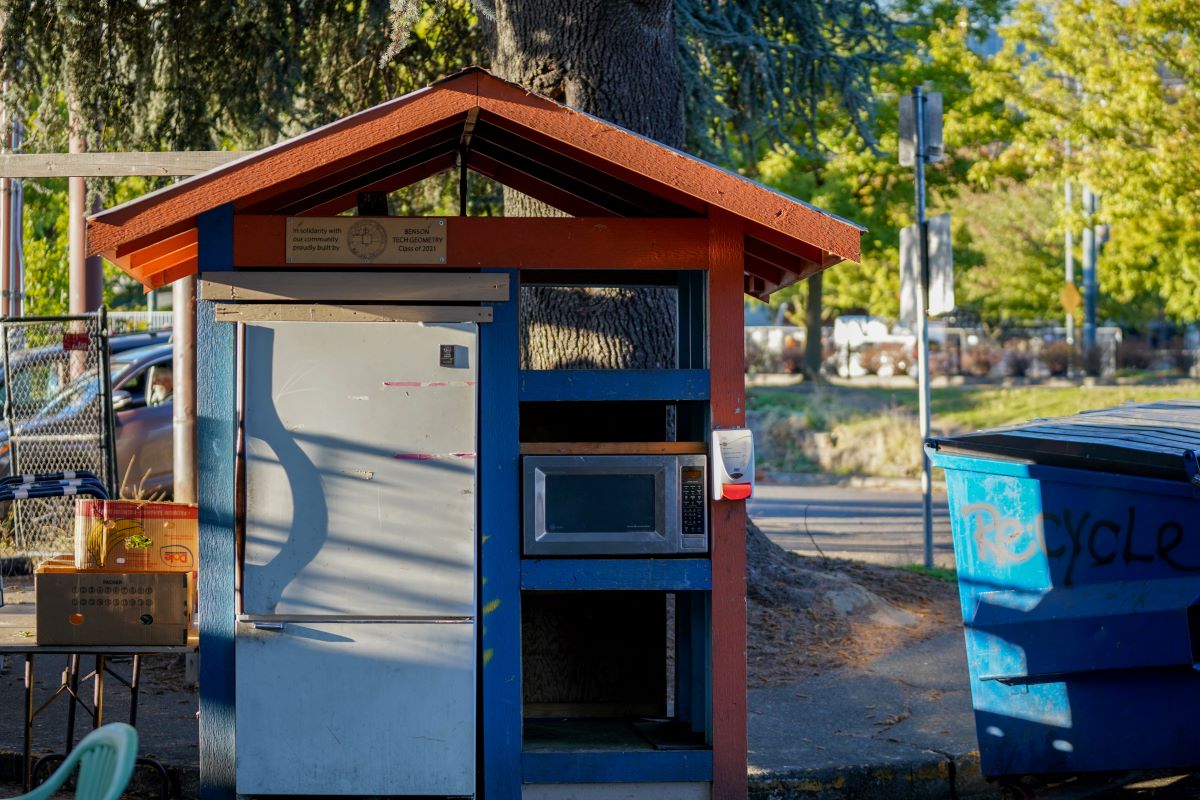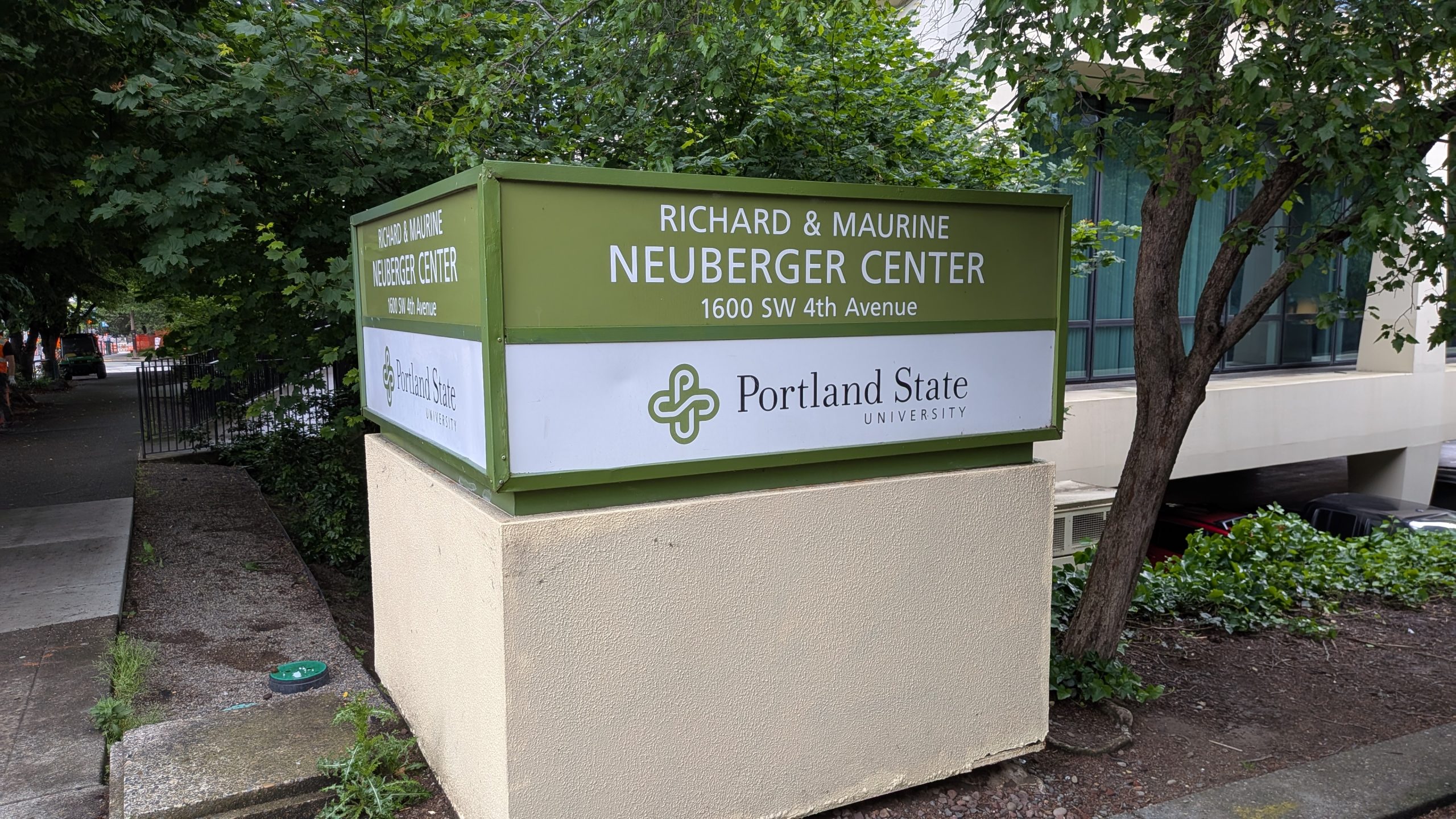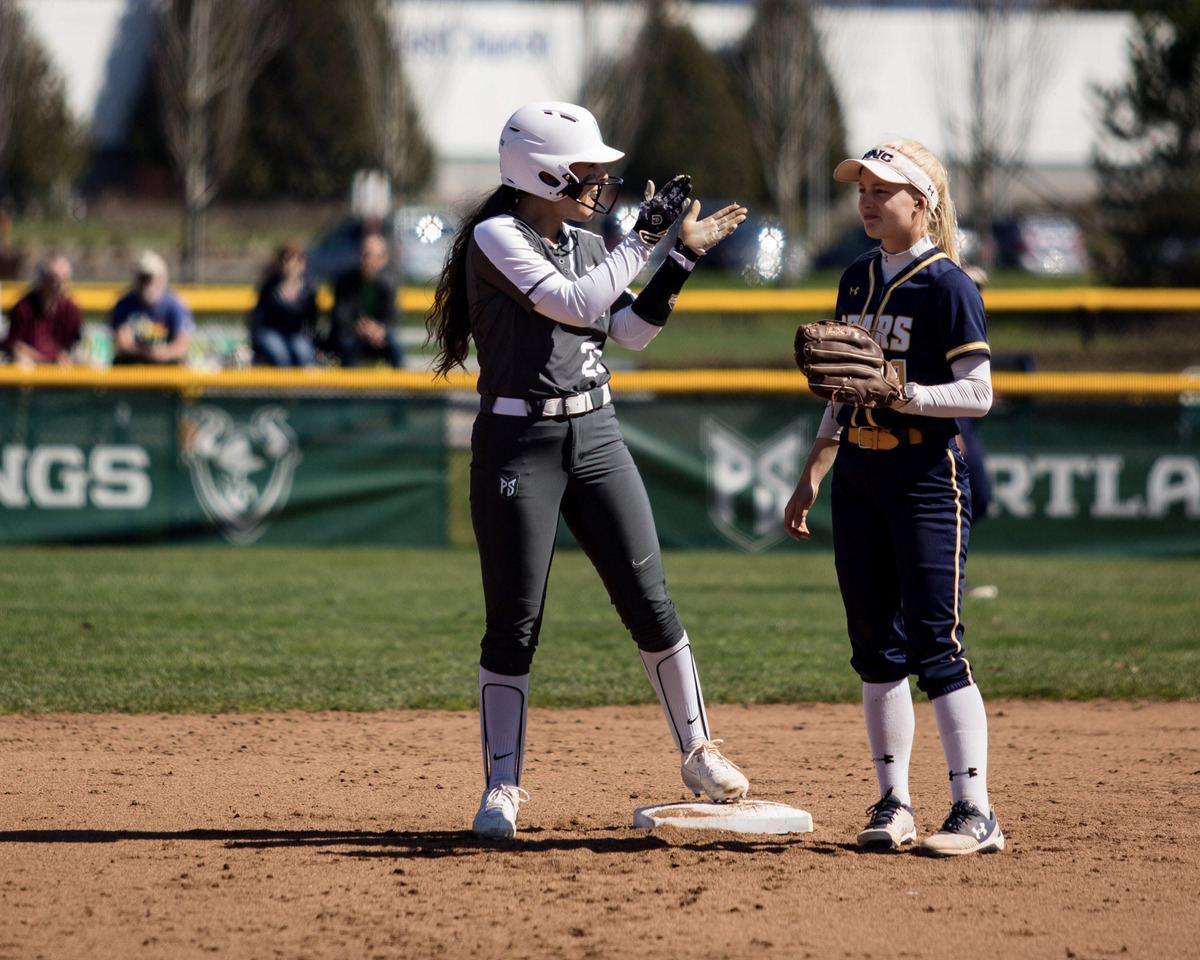Food security comes when a household consistently has access to food. As living organisms, we need a regular calorie intake to keep our bodies in check. We establish daily routines, and our bodies adapt when we can’t access sufficient food regularly, sometimes resulting in long-term health consequences.
Studies show the long-term effects of food insecurity to be chronic, and show food insecurity to be a social determinant of health. This correlates with poverty, which ultimately manifests in ways which are detrimental to people’s health.
Numerous organizations in Portland are actively working to combat food insecurity. These efforts involve various aspects of operation, logistics and food distribution. They aim to uplift the local population, particularly those facing challenges. These initiatives differ in terms of the people they reach, the strategies they employ and the values they uphold.
“I think there [are] a lot of different organizations [which] are attacking food insecurity from a lot of different fronts,” said Karen Beck, who is on the steering committee at Portland Food Project. This organization supports upwards of 19 pantries in the Portland area.
“Our first priority is to feed people who are experiencing food insufficiency, and then the other goal is to create community within our neighborhoods,” Beck said. “We’re a 100% volunteer-run organization, and we come together every two months on a Saturday, and we have what are called neighborhood coordinators, and they go from house to house picking up a green bag full of food.”
Many people who donate want their efforts to support the community which they live in, and it shapes how people engage in these efforts. “Lot of the donors that we have are very adamant about the fact that they want the food to stay in this neighborhood,” Beck said. “They want to be feeding people locally, and one of the things that we talk about when we’re talking with our food donors is that your neighbor may be experiencing food insufficiency, and you would never know it.”
Maintaining a central hub and resources which people know about is crucial to the fight against food insecurity. “We have to have that constant connection with students,” said Bea McGrath—the manager at Portland State Food Pantry—in regards to this campus resource. “This is so they keep telling each other, ‘This is the thing you want to do. This is where it is. This is how you use it.’”
Establishing the PSU Food Pantry as a valuable resource closely integrated with the campus community has yielded significant results, leading to a remarkable increase in student participation at the pantry over the past year. That consistency allows students to form habits around using the food pantry.
“It’s just really important to keep that constant connection, because whenever we break it people’s habits change,” McGrath said. “They forget about it, or they just don’t build that knowledge of what we have and don’t build that trust with us—that we’re gonna be able to support them all the time.”
These habits are crucial. The PSU food pantry has taken steps to enhance trust and knowledge among students in order to help them develop such habits.
“We have completely removed restrictions on how often people [can] come in,” McGrath said, encouraging students to participate and familiarize themselves with the space. “Come in here and see if [we] have an apple or a banana or a cookie or whatever, and grab it. Eat it. Go to class with food in your stomach. Learn better. And then come back, check in again and do your grocery shopping later in the day.”
McGrath also explained the reduction of restrictions around the food people could get. “When I started, there were restrictions on almost everything you can get here,” McGrath said. “‘You can only get six cans maximum. You can only get three bananas, and you can only come once a week.’ So, because these are all students and we’re all pressed for time—I don’t know a student who has tons of time on their hands—it wasn’t worth coming down.”
McGrath explained the relationship between financial issues and deprioritization, which often occurs in demanding situations. “People do cut their food,” she said. “They can’t lose their housing, but they could eat less, even if they shouldn’t be eating less. And that’s what I’ve heard over and over again from people, ‘I’m going to keep a roof over my kid’s head, but I’m not going to eat today.’ And that’s completely messed up. Because the food is out there, we just have to get it to people.”
Another barrier which prevents people from using food pantries is their perception of food pantries. “People have this idea that we’re a charity,” McGrath said. “They maybe have images of the [Great] Depression and the bread lines, where only the people who are in the most dire need are allowed to come in. That’s reinforced by things like [Supplemental Nutrition Assistance Program (SNAP)] and food benefits and things like that, [where] you have to be really broke and there’s huge restrictions around getting them.”
This view contrasts how the PSU Food Pantry is attempting to move forward—not just as a hub focused on feeding students, but by uplifting students’ connections, attempting to undo views and barriers preventing service access and addressing the physical harm which comes from food insecurity.
“We’re an environmental service that provides human rights,” McGrath said. “The vast majority of food we get is waste reduction. It’s environmental justice, which is food justice, which is class justice. I’m really trying to pitch that to people. That it’s not it’s not about being in a desperate situation. It’s not about shame. There shouldn’t be any shame in using this. It’s like a civic duty to come in and use the pantry. Even if you’re taking an onion or just a few potatoes, by engaging with us, you’re showing that you support the system. You’re showing that you’re safe here. [That] there’s no shame here, and that you want this to continue.”
Rather than an act of one-sided support, it is a continuation of support and a connection which creates a revolutionary support network.
Other organizations, such as Milk Crate Kitchen PDX, focus less on getting household ingredients and more on cooking meals and delivering them to families to serve for the week. This style aims to help people who don’t have the time or bandwidth to cook constantly and might need support in making nutritious meals.
Other efforts have less oversight and are more directly involved in public spaces, such as the free food in fridges and pantries all around Portland through PDX Free Fridge. This collaborative effort aims to make free food accessible to individuals on the streets or those passing by, allowing them to freely take what they need without requiring the assistance of a specific group or organization.
These organizations vary in their approaches—each with advantages and disadvantages—and employ diverse tactics and methods. Despite their differences, their common focus is on addressing a systemic issue. The question is whether they can bring about lasting change or if there will always be a risk of some individuals falling through the cracks.






